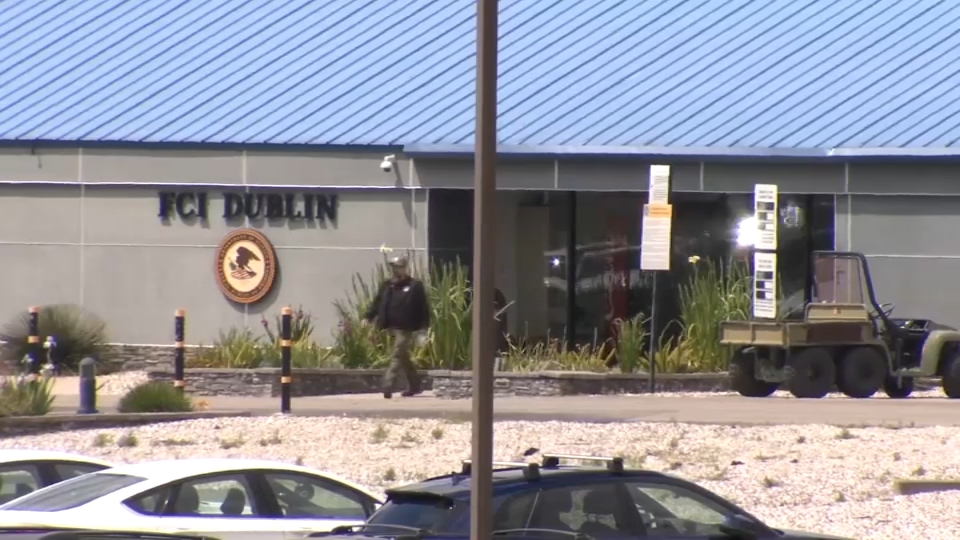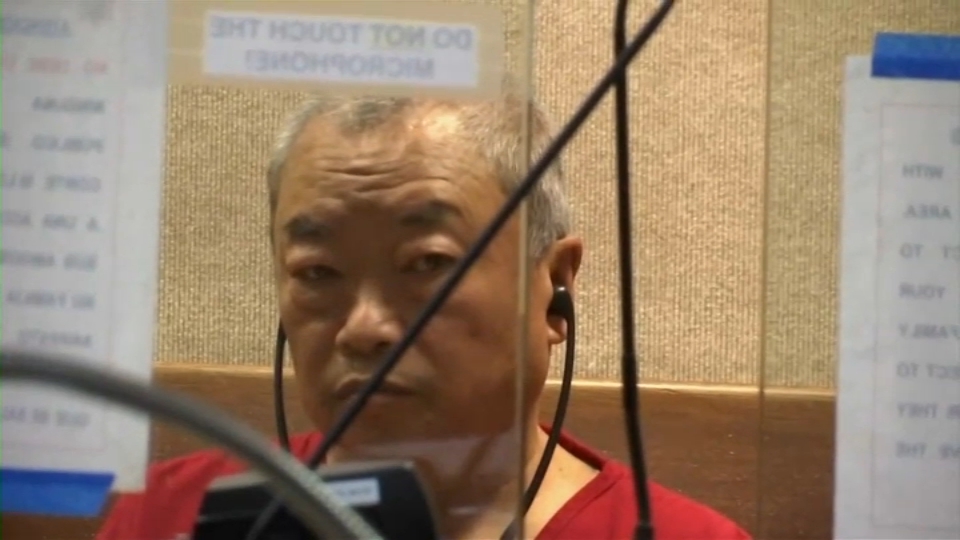After years of heavy criticism and scathing audits, the San Francisco Housing Authority is in the process of turning over more than 6,000 public housing units to new management consisting of mostly private organizations.
The transition is part of a nationwide effort to fix deplorable living conditions for low-income residents. While the federal program has been hailed as a much needed fix for the nation’s aging public housing stock, an NBC Bay Area investigation revealed how the elderly and disabled can still be left living in poor conditions.
“I’ve been bullied, been abused, been mistreated, disrespected as a human being,” said 57-year-old Kimberly Colemon, a former MUNI driver who now lives in subsidized housing in San Francisco.
A traffic accident in March 2007 left Colemon disabled with a traumatic brain injury. She now struggles to speak and is mostly confined to a wheelchair. One rainy morning last year, Colemon says she awoke to puddles of water spewing from an old cable duct, about one foot away from an electrical outlet.
“I got out the bed and the water … splashed up to me,” Colemon said. “I thought I was in a horror movie.”
Colemon lives in Clementina Towers, a low-income building owned by the Tenderloin Neighborhood Development Corp. (TNDC). Colemon complained about the water leak but said for months building management relied on plastic bags taped to her wall to catch the leaking water. When the bags became too full, Colemon had to submit a maintenance request form to management in order to have the bag replaced.

Frustrated, Colemon reported her problem to the city. The unit was deemed uninhabitable, and building inspectors ordered TNDC to fix the leak and walls.
Colemon was eventually relocated to another studio apartment in Clementina Towers but says the moving company hired by her building damaged much of her furniture, including her dresser. Coleman said the damage forced her to leave her belongings in boxes on the floor, making it impossible to get across the apartment in her wheelchair.

“They should have taken care of me a long time ago and not put me in this situation,” Colemon said.
Local
TNDC CEO Don Falk told NBC Bay Area that his team worked for months to fix Coleman’s leak but said finding the source took longer than expected.
“I can imagine how people would look at that situation and say that seems crazy. Why didn't this group, you know, respond to her in a better way,” Falk told NBC Bay Area. “I think it is in the nature, unfortunately, of what we're doing in terms of taking over marginal housing – in terms of the quality of its current condition – and trying to operate it as best we can.”
TNDC took ownership of Clementina Towers in October 2016 from the San Francisco Housing Authority as part of the federal government’s Rental Assistance Demonstration (RAD) program.

RAD allows local housing authorities to sell their public housing to private groups that agree to renovate and maintain those buildings for low-income residents. The program aims to fix deplorable and sometimes dangerous living conditions that are the result of a roughly $26 billion "backlog of deferred maintenance" at public housing developments across the country.
In San Francisco, the deal allows the city to maintain control of the public housing land, while private groups own the buildings.
During the past two years, 3,491 units -- more than half of San Francisco’s public housing stock -- have been sold to nonprofits through RAD, according to the Mayor’s Office of Housing and Community Development.
The San Francisco Housing Authority still runs 1,601 public housing units; however, new management is expected to take over by 2020.
TNDC now owns and maintains five public housing developments, but Falk said the group had trouble determining exactly what needed to be fixed.
“One of the challenges is the Housing Authority’s lack of documentation and a lack of records in a fairly comprehensive way,” Falk said. “The kind of things that we might have hoped for when we're buying the existing building from a seller, a lot of it was missing.”
At 350 Ellis St., Falk said the conditions were so poor under the Housing Authority, 20 percent of the apartments had to be left vacant.

Acting Executive Director for the Housing Authority, Barbara Smith, declined an on-camera interview but in a statement defended the agency’s management of public housing.
"For nearly 80 years, the San Francisco Housing Authority has served low-income residents living throughout the city of San Francisco,” Smith wrote.
“As the aging public housing stock became obsolete and federal funding dwindled, the SFHA explored ways to rehabilitate older developments for our residents so that these properties could be transformed into vibrant and viable housing for the future.”
The federal government listed the San Francisco Housing Authority as one of the worst in the nation for five consecutive years from 2011 to 2015. The poor rating was based on several factors, including overall management of the agency and the poor condition of its public housing.
“We have resources that the Housing Authority simply didn’t have.” Falk said.
TNDC has managed subsidized housing in San Francisco since the early 1980s. To examine its track record, the NBC Bay Area Investigative Unit reviewed building inspection reports for TNDC’s roughly 40 properties in San Francisco.
Records show 74 violations since 2010, including expired boiler permits, rodent infestations, mold and sewage leaks.
The violations, according to Falk, represent a small fraction of the work TNDC performs on buildings each year.
“TNDC responds to something in the order of 20,000 work orders a year,” Falk said. ”We own a lot of properties, most of them are a hundred years or older because these are old buildings that we acquired and renovated in the Tenderloin. So in that kind of context, it's a very, very small percentage of the overall work that's happening.”
Since Colemon first contacted NBC Bay Area, TNDC bought her a brand-new nightstand, dresser and bed frame and moved her back into her original apartment, which has been completely renovated. TNDC is also in the process of upgrading its maintenance tracking system to make it easier to spot delays.

While Coleman appreciates the fixes and renovations, she believes they should have come earlier.
“Yeah, it was too long,” Colemon said. “I feel I should have just been moved immediately into a safe place.”
______________________________________
Need to contact our Investigative Unit?
• You can remain anonymous
• 1-888-996-TIPS
______________________________________



